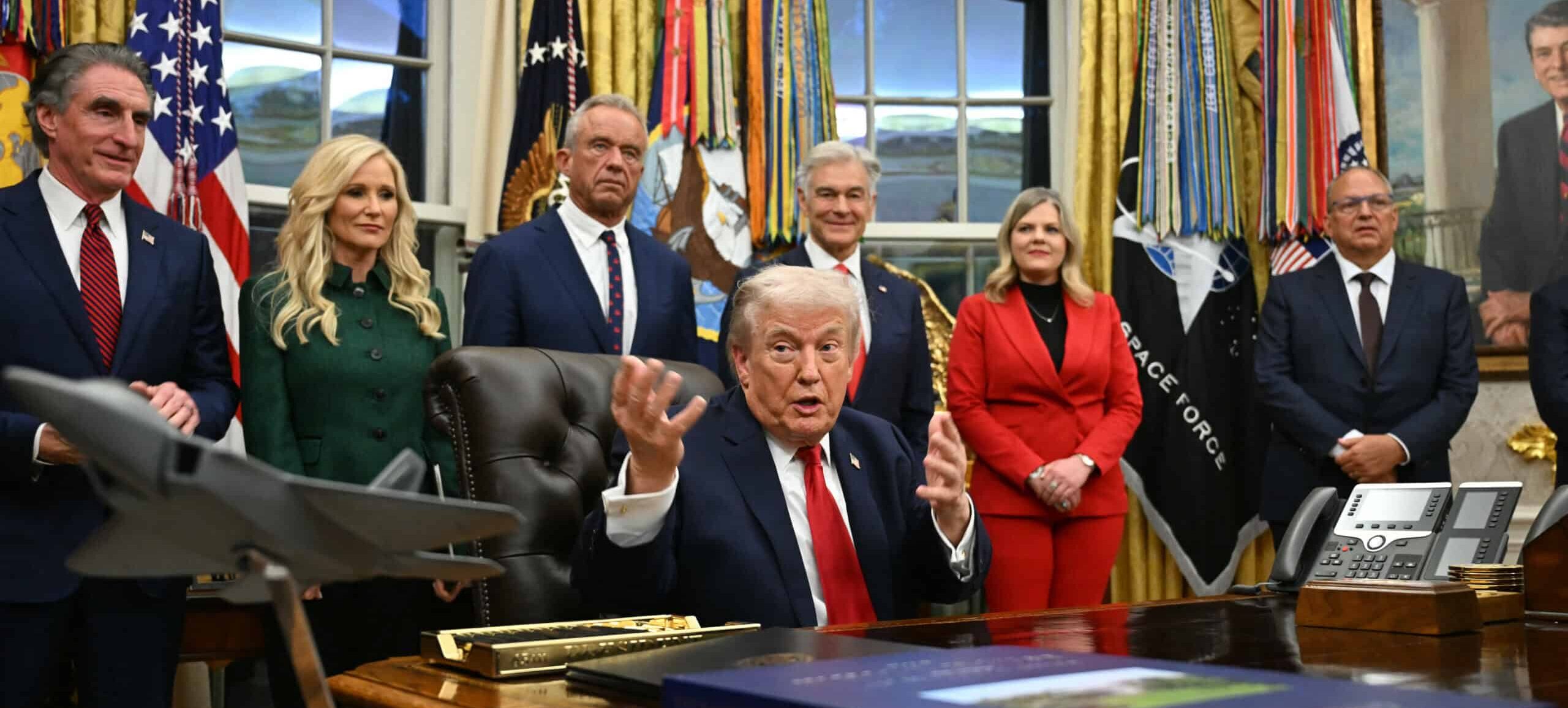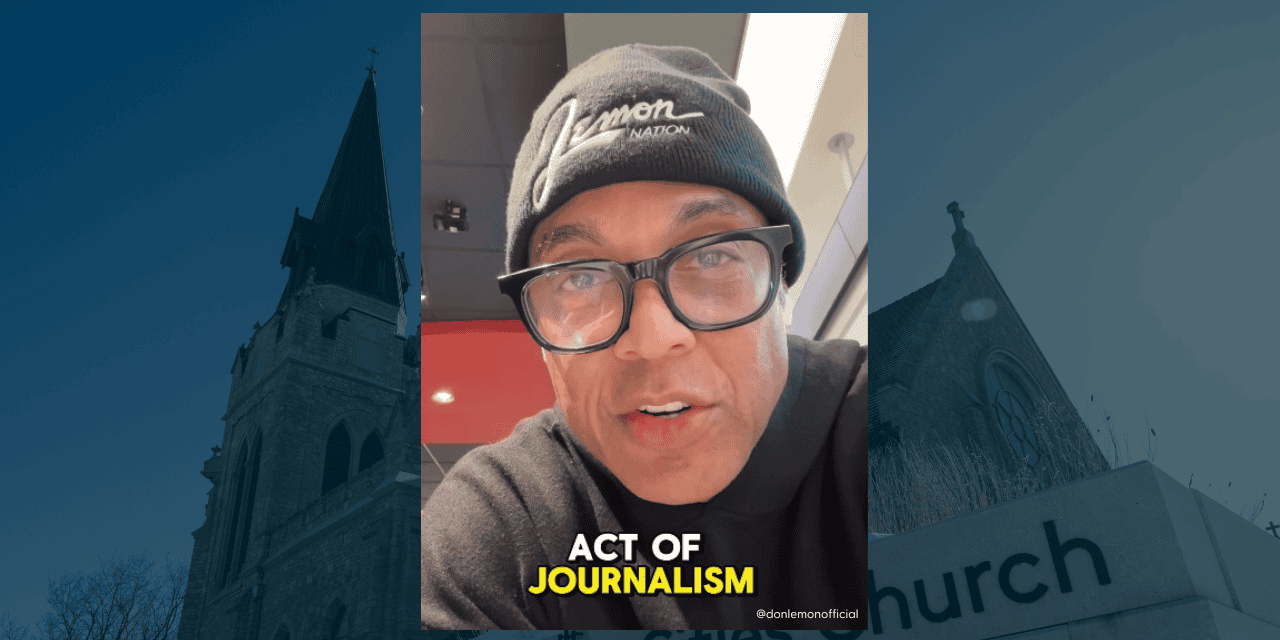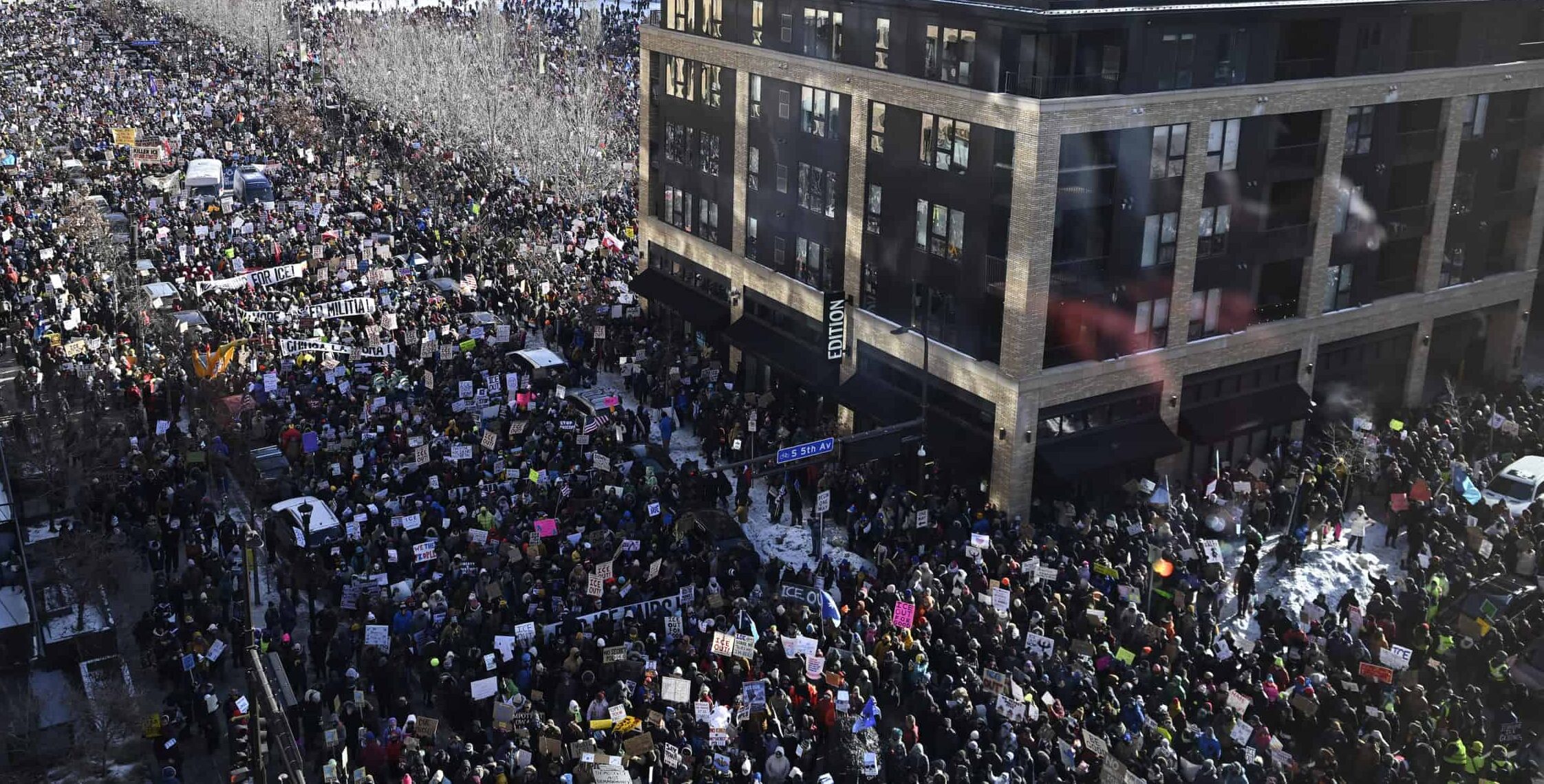Ukraine President Appeals to America’s History in Address to Congress
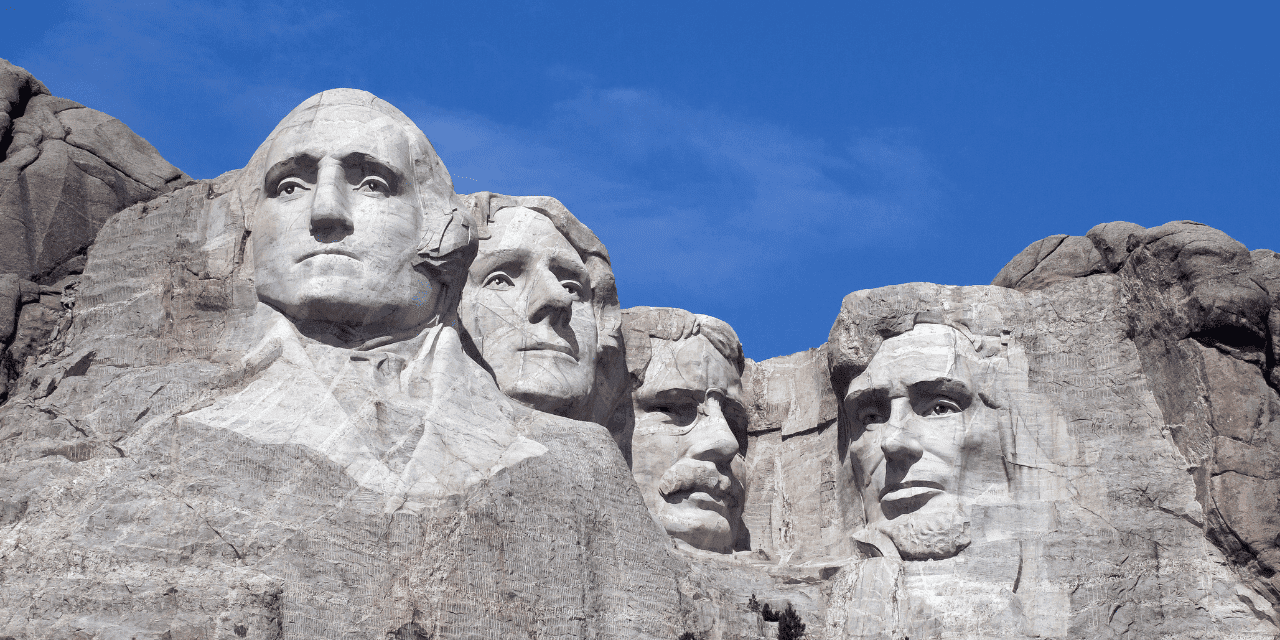
American philosopher George Santayana is best known for his quote, “Those who do not remember the past are condemned to repeat it.” The maxim reminds the reader that we can, and should, learn from the past in order to avoid committing the same mistakes others have made.
Ukrainian President Volodymyr Zelensky leaned heavily into Santayana’s wisdom in his address to the U.S. Congress on March 16. In his appeal for help to fend off the Russian invasion of his country, Zelensky offered illustrations that ought to be familiar to Americans, with references to Mount Rushmore, Pearl Harbor, 9/11, and Martin Luther King’s “I Have a Dream” speech.
On Mount Rushmore: “Just like anyone else in the United States, I remember the national memorial, Mount Rushmore. The basis of your prominent presidents, those who laid the foundation of the United States of America.”
On Pearl Harbor: “Remember Pearl Harbor, the morning of December 7, 1941, when your sky was black from the planes attacking you.”
On 9/11: “Remember September 11, a terrible day in 2001 when people tried to turn your cities into battlefields. When innocent people were attacked from the air.”
On MLK’s “I Have a Dream” speech: “I have a dream. I have a need. I need to protect our skies. I need your help which means the same you feel when you hear the words, ‘I have a dream.’”
Did you understand Zelensky’s historical references? If you happen to be 20 years old or younger, you weren’t alive when the last of those events occurred. Parents, do your children understand history? Would they be able to explain to you the significance of any of Zelensky’s historical references?
Americans as a group don’t really know their history well. Columnist Max Boot observed in 2019:
A survey by the American Council of Trustees and Alumni found that “more Americans could identify Michael Jackson as the composer of ‘Beat It’ and ‘Billie Jean’ than could identify the Bill of Rights as a body of amendments to the U.S. Constitution,” “more than a third did not know the century in which the American Revolution took place,” and “half of the respondents believed the Civil War, the Emancipation Proclamation or the War of 1812 were before the American Revolution.”
Schools, of course, ought to be teaching American history, both the good and the bad. Unfortunately, too many Americans since 1980 have been exposed to Howard Zinn’s dystopian version of America called The People’s History of the United States, which disparages the nation’s history and exceptionalism and replaces it with a pro-communist ideology. Zinn’s work was followed by other distorted versions of our nation’s history like the 1619 Project.
As Christian parents, we have an obligation to guide our children’s education, not simply leave it up to schools and teachers, although they can be a good start. Since the Bible tells us that human nature never changes, good citizens can’t fully participate in our constitutional republic unless they understand our past. Not only can we avoid enacting policies that have failed once (or more) before, but we can interpret the present based on our understanding of the past.
That’s what Zelensky is hoping for in his pitch to Congress. He wants to explain the current situation in his country by appealing to the shared experiences of Americans. He recently addressed Canada’s Parliament and the United Kingdom’s Parliament where he similarly dropped historical references meaningful to those audiences.
So, why study history? The American Historical Association lays out a good argument here, best summarized in the following paragraph, which quotes historian Carl Becker:
Faced with a new situation, we try to find in it elements which are familiar from past experience. If we could not learn from the past we would find the present unendurable. We would be perpetual strangers in the city of mankind, unable to move easily or with confidence, forever wandering from the main streets into the blind alleys. Men who cannot remember their own personal history are feeble-minded or afflicted; men who cannot learn from their own experience are failures.
The Bible is replete with references to the importance of understanding history. Ecclesiastes 1:9 says it this way: “What has been is what will be, and what has been done is what will be done, and there is nothing new under the sun.”
And Deuteronomy 4:9 emphasizes the importance of passing on our history to our children: “Only take care, and keep your soul diligently, lest you forget the things that your eyes have seen and lest they depart from your heart all the days of your life. Make them known to your children and your children’s children.”
Here’s a suggestion for your next family dinner: Pick an event, like 9/11 or Pearl Harbor or the First Gulf War, and ask everyone to list facts they know about the event, starting with “Who was president at the time?” And then ask everyone to explain what the most important lessons of that event were.
My guess is that family dinner will suddenly get a whole lot more interesting than usual.
Photo from Shutterstock.
ABOUT THE AUTHOR
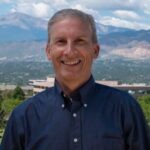
Bruce Hausknecht, J.D., is an attorney who serves as Focus on the Family’s judicial analyst. He is responsible for research and analysis of legal and judicial issues related to Christians and the institution of the family, including First Amendment freedom of religion and free speech issues, judicial activism, marriage, homosexuality and pro-life matters. He also tracks legislation and laws affecting these issues. Prior to joining Focus in 2004, Hausknecht practiced law for 17 years in construction litigation and as an associate general counsel for a large ministry in Virginia. He was also an associate pastor at a church in Colorado Springs for seven years, primarily in worship music ministry. Hausknecht has provided legal analysis and commentary for top media outlets including CNN, ABC News, NBC News, CBS Radio, The New York Times, the Chicago Tribune, The Washington Post, The Washington Times, the Associated Press, the Los Angeles Times, The Wall Street Journal, the Boston Globe and BBC radio. He’s also a regular contributor to The Daily Citizen. He earned a bachelor’s degree in history from the University of Illinois and his J.D. from Northwestern University School of Law. Hausknecht has been married since 1981 and has three adult children, as well as three adorable grandkids. In his free time, Hausknecht loves getting creative with his camera and capturing stunning photographs of his adopted state of Colorado.

